Episode 01: A Good CRC is Hard to Find.
I always say “no one sets out to be a clinical research coordinator”. It’s often the type of job that people just fall in to. As a result there are ridiculously diverse backgrounds of clinical research staff - from high school graduates to MDs!
So what really makes a successful research coordinator? It’s not necessarily credentials or education. I always look for soft skills first when hiring new research staff. Why? The technical aspects of clinical research can be always be trained. In fact, many experienced coordinators have picked up bad habits along the way in their careers. As a result, I often find it’s best to start from scratch.
Focusing on finding applicants with these soft skills just may help you land your next successful research coordinator.
+ Full Episode Transcript
Please note that transcripts are auto-generated and may contain some inaccuracies or typographical errors.
Brad Hightower: Hey guys, I'm Brad Hightower. Thanks for tuning into the note to file podcast, a collection of interviews, best practices and ramblings for clinical research sites. I think so much for joining us for episode one, and I make sure to check us out@podcast.com today, we're going to talk a little bit about what makes a good research coordinator.
So you've ever worked in clinical research before. You've probably noticed that research coordinators come from a wide variety of educational backgrounds, varying from high school diploma, all the way to medical degree. Some sites require their coordinators be registered nurses while others have no specific requirements at all. It's important to note that each site is unique, but aside from background, there are three main characteristics that make a successful research coordinator. The first is attention to detail. Coordinators are required to potentially manage multiple protocols at one time, including scheduling, subject visits and data entry. It's important that coordinators are meticulous and attentive to ensure trials are performed with the highest of quality. The second is effective communication. The coordinators required to communicate with a variety of different people throughout the course of the trial, including subjects, investigators, monitors, and other research staff. It's important that they can communicate effectively with all of these different groups to ensure that timelines are met and the studies are carried out in accordance with the protocol. The last is flexibility. Our research coordinators job duties can fluctuate wildly from day to day, one day, they may be consenting patients all day in the clinic and the next they may be doing data entry and responding to queries. It's important to be willing and able to respond to varying circumstances, to be an effective coordinator. My opinion, regardless of background, these are the most important characteristics for being a successful research coordinator. Most technical aspects of the job can be trained. As long as the coordinator has a strong attention to detail is an effective communicator and shows flexibility in their work. Let me know what you
Thanks so much for listening to Note to File podcast. Please make sure to rate, review and subscribe and check us out at notetofilepodcast.com.

